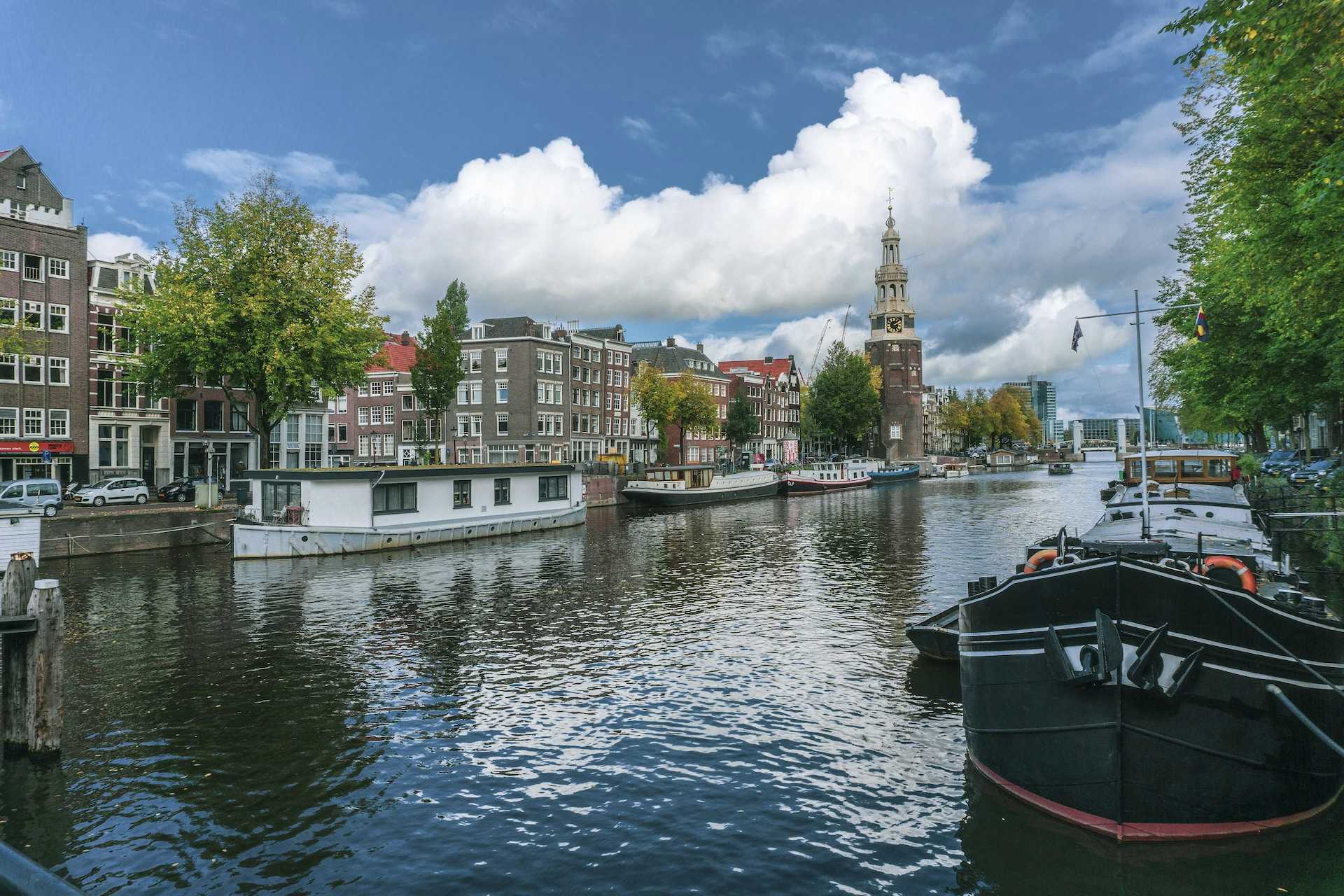Blog published in Buying property abroad
Share
Guide to Buying Property in Portugal: Laws, Regulations, and Process for Foreigners Portugal
Are you considering buying property in Portugal? Portugal has become a popular destination for international buyers due to its beautiful landscapes, pleasant climate, and attractive real estate market. However, before you embark on your property-buying journey, it's crucial to understand the laws, regulations, and processes involved, particularly for foreigners. This comprehensive guide will provide you with the necessary information to make an informed decision and navigate the Portuguese real estate market successfully.
Understanding the Legal Framework
Golden Visa Program
One notable initiative that attracts many foreign investors to Portugal is the Golden Visa Program. Established in 2012, this program offers residency permits to non-European Union (EU) citizens who invest in Portuguese real estate. By investing a minimum amount in specific property types, such as urban rehabilitation or job creation projects, foreign buyers can obtain a residence permit, which may lead to permanent residency or even Portuguese citizenship in the future.

Legal Restrictions
Portugal imposes few restrictions on foreign buyers, allowing them to purchase properties with ease. However, there are certain areas where special rules apply, such as protected coastal areas or national parks. In these cases, acquiring property may require additional authorization from the relevant authorities. It's essential to consult a qualified lawyer or real estate professional who can guide you through the specific regulations applicable to the property you're interested in.
Finding the Right Property
Researching the Market
Before starting your property search, take the time to research the Portuguese real estate market thoroughly. Consider factors such as location, property prices, local amenities, and accessibility to major cities and transportation networks. Online property portals, real estate agencies, and local newspapers are excellent resources for gathering information on available properties and current market trends.
Engaging a Real Estate Agent
To streamline your property search and ensure a smooth buying process, it's advisable to engage a reputable real estate agent in Portugal. A knowledgeable agent can provide valuable insights, help you find suitable properties that match your requirements, negotiate on your behalf, and guide you through the legal and administrative procedures involved in buying property.
Legal and Administrative Process
Engaging Legal Representation
Engaging a qualified lawyer is essential when buying property in Portugal. Your lawyer will assist you in all legal matters, including conducting due diligence, verifying property ownership, reviewing contracts, and ensuring compliance with Portuguese laws and regulations. It's crucial to select a lawyer who specializes in real estate and has a good understanding of the local market.
Conducting Due Diligence
Once you've found a property that meets your criteria, it's crucial to conduct thorough due diligence. This process involves verifying the property's legal status, checking for any encumbrances, outstanding debts, or liens, and confirming that the property complies with all building and zoning regulations. Your lawyer will play a vital role in this process, ensuring that you have all the necessary information before proceeding with the purchase.
Promissory Contract
After completing due diligence and ensuring the property is free from any legal complications, the next step is to sign a promissory contract (contrato promessa de compra e venda) with the seller. This contract outlines the terms and conditions of the sale, including the purchase price, payment schedule, and any contingencies. It's essential to review this contract carefully and seek legal advice to ensure that all aspects of the transaction are adequately covered and protect your interests.
Completion and Final Deed
Once the promissory contract is signed, both parties agree on a completion date, usually a few weeks or months later. On the completion date, the final deed (escritura) is signed in the presence of a notary public. The notary ensures that the transaction is conducted legally and registers the property transfer with the Land Registry. At this stage, the full payment is made, and the property officially becomes yours.
Additional Costs and Taxes
When buying property in Portugal, it's important to consider additional costs and taxes associated with the purchase. These may include real estate agent fees, stamp duty, notary fees, and property transfer tax (IMT). The exact amount of these costs varies based on the property's value, so it's advisable to consult with your lawyer and real estate agent to determine the specific expenses you'll incur.
Financing Options
If you require financing to purchase a property in Portugal, there are several options available. Local and international banks operating in Portugal offer mortgages to non-residents, subject to certain conditions. The maximum loan-to-value ratio is typically around 70% for non-residents, and interest rates and terms may vary. It's advisable to consult with multiple banks to compare rates, terms, and requirements before making a decision.

Conclusion
Buying property in Portugal as a foreigner can be a rewarding and relatively straightforward process, thanks to the country's favorable legal framework and welcoming atmosphere for international buyers. By understanding the laws, regulations, and procedures involved, and enlisting the services of experienced professionals, you can navigate the Portuguese real estate market with confidence. Take your time, conduct thorough due diligence, and seek expert advice at every stage to ensure a successful and enjoyable property purchase experience in Portugal.
Disclaimer: This article is for informational purposes only and should not be considered legal or financial advice. It's recommended to consult with qualified professionals for personalized guidance based on your specific circumstances.
Share













